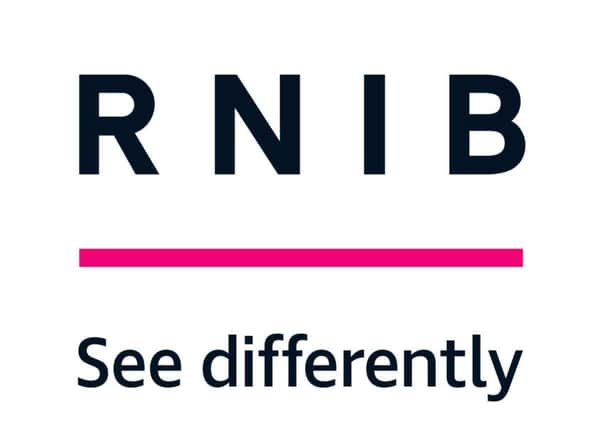Argyll and Bute sight loss issue worse than average


The figure includes people whose vision is better than the formal registration as blind or partly sighted, but that still has a significant impact on their daily life.
Around 470 people in Argyll and Bute are registered as blind. This proportion is higher than the average for Scotland, with four per cent of the local population living with sight loss, compared to 3.2 per cent nationally. This is partly because the region has a higher proportion of older people, with one in four aged 65 or over.
Advertisement
Hide AdAdvertisement
Hide AdThe direct cost of sight loss in Argyll and Bute is estimated to be £5.9 million annually. The main elements of this are hospital treatments, sight tests, prescriptions and social care. But the indirect cost of sight loss is estimated to be higher, at £9.6m each year. This includes the cost of unpaid care provided by family and friends, the lower employment rate for blind and partially sighted people, and the need for devices and modifications to the home.
By 2030 there is expected to be an increase of 20 per cent of people living with sight loss in Argyll and Bute. Currently, RNIB estimates that 1,060 people are living with the later stages of age-related macular degeneration alone, the most common cause of sight loss in the UK. But by 2030 this could increase by 27 per cent.
James Adams, director of RNIB Scotland, said: “These figures highlight the importance of everyone going for regular eye examinations, which are free in Scotland.
“These can detect the first signs of sight problems when there is still time to arrest or even reverse damage. For those whose sight cannot be saved, it is important that they receive the support to maximise their independence and the reassurance that they can still lead a fulfilling life.”
In Argyll and Bute, RNIB Scotland runs a free, confidential telephone counselling service called Need to Talk, which offers this help. The number is 0303 123 999.